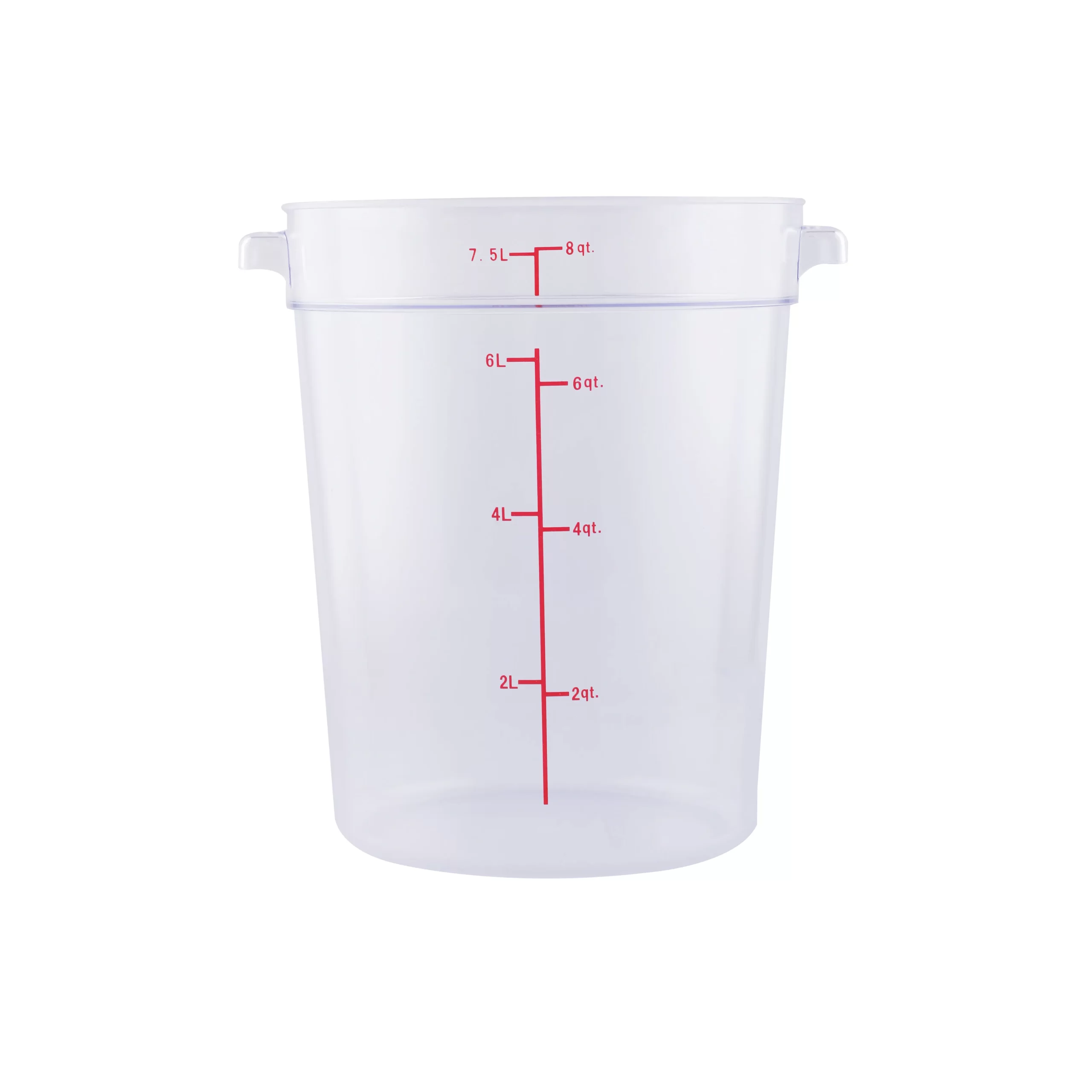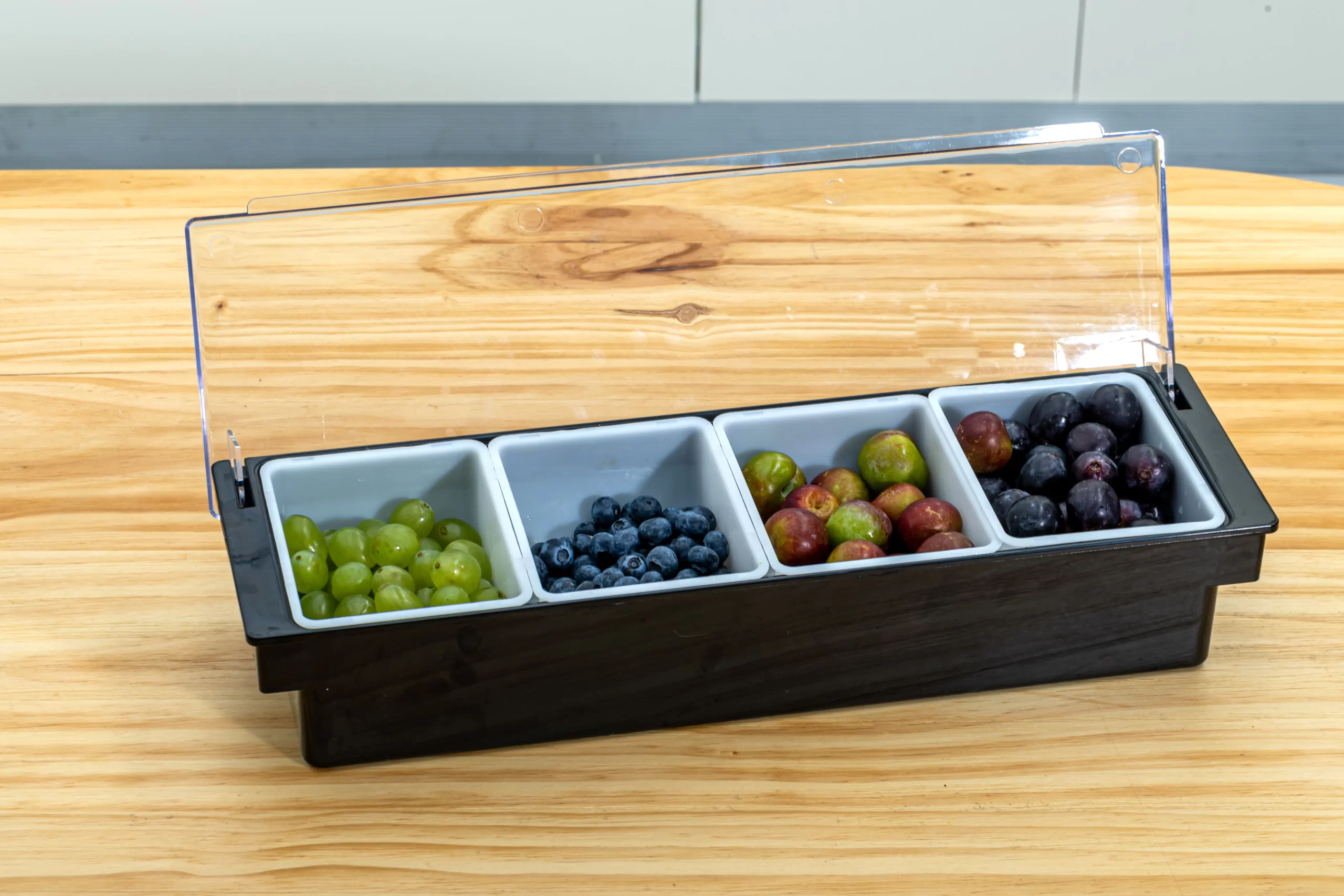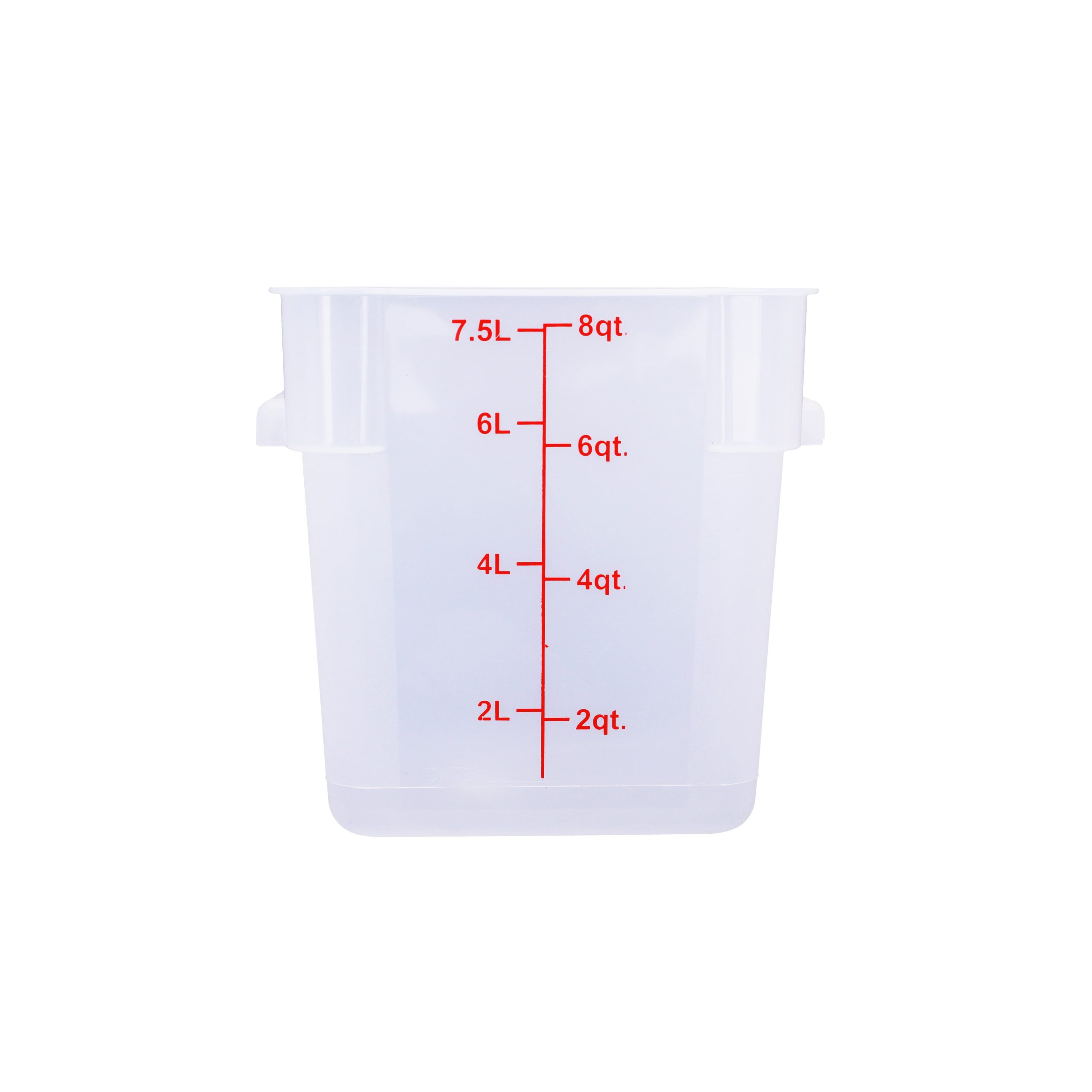At PlasticKitchen, we always prioritize the health and safety of our users. As a leading global brand of kitchenware products, every single product of ours undergoes rigorous FDA testing (certified by the U.S. Food and Drug Administration), ensuring that every step from production to use complies with the highest international safety standards. The following will provide a detailed analysis of the importance of FDA testing, the testing process, and how PlasticKitchen creates a reassuring kitchen environment for you through this certification system.
I. FDA Testing: The International Gold Standard for Safeguarding Food Safety
As the world’s most authoritative food and drug regulatory agency, the FDA’s standards for food contact substances (FCS) are widely recognized by more than 180 countries. This standard requires that all materials in direct contact with food must pass multi-dimensional evaluations such as chemical migration tests, heavy metal detection, and physical property tests to ensure that these materials will not release harmful substances under normal usage conditions.
Core Testing Items:
- Chemical Migration Test:
- Chemical Migration Test
Simulating Extreme Scenarios: By using food simulants such as high temperature (100°C), acidity (3% acetic acid), and oil (isooctane), the migration amount of chemical substances in the materials is detected. For example, PlasticKitchen’s PP fresh-keeping box needs to pass the 21 CFR 177.1520 standard to ensure that bisphenol A (BPA) will not be released when heated in a microwave oven.
Stringent Limits: The migration amount of heavy metal lead should be ≤ 0.1ppm, and the migration amount of formaldehyde should be ≤ 15ppm, which is far lower than the requirements of the EU REACH Regulation. - Physical Property Test
Durability Verification: The cutting board needs to pass 500 knife-cutting tests without debris falling off, and the plastic wrap needs to withstand a tensile force of 5kg without breaking.
High Temperature Resistance and Corrosion Resistance: The non-stick coating of the pan needs to pass the oven test at 70°C without deformation, and the silicone spatula needs to be cycled 500 times in a dishwasher without aging. - Microbiological and Sensory Testing
Antibacterial Performance: The cutting board with an antibacterial coating needs to pass the silver ion migration amount test (≤ 0.05mg/kg) and kill 99.9% of Escherichia coli.
Odor and Taste Control: Food containers need to pass sensory tests to ensure that there is no plastic odor affecting the flavor of the ingredients.
II. PlasticKitchen’s Path to FDA Compliance: Full-chain Control from Raw Materials to Finished Products
- Source Control: Carefully Select FDA-certified Materials
Food-grade PP/PE: PlasticKitchen’s fresh-keeping box uses polypropylene certified by 21 CFR 177.1520, with a temperature resistance range from -20°C to 120°C, and can be directly put into a microwave oven and a dishwasher.
Medical-grade Silicone: The baking molds use FDA-certified LSR silicone, which has passed three comprehensive migration tests (water, acid, alcohol) and complies with the 21 CFR 177.2600 standard. - Production Process: A Zero-compromise Safety Commitment
Coating-free Technology: Our non-stick pan uses a honeycomb etching process to achieve a non-stick effect through a physical structure, avoiding the risk of perfluorooctanoic acid (PFOA) that may be released by traditional coatings.
Precision Injection Molding: During the production process of the cutting board, FDA-certified antibacterial masterbatch is added to ensure that the antibacterial agent is evenly distributed and the migration amount is compliant. - Third-party Testing: A Dual Verification Mechanism
Internal Laboratory: Before each batch of raw materials enters the factory, we conduct more than 20 tests including heavy metals and phthalates.
Certification by Authoritative Institutions: Finished products need to pass the full FDA tests by third-party institutions such as SGS and Intertek and obtain a CMA qualification report.
III. How Does FDA Testing Affect Your Kitchen Experience?
- Safety Upgrade: From “Usable” to “Reassuring”
Maternity and Infant-level Safety: Children’s tableware has passed the FDA heavy metal migration test, and the contents of lead and cadmium are lower than the detection limit (< 0.01ppm), and can be safely used for making complementary foods.
Environmental Compatibility: The biodegradable lunch box has passed the FDA biocompatibility test and will completely decompose within 180 days in a composting environment, taking into account both safety and sustainability. - Performance Optimization: Product Innovation Driven by Testing
Stain Resistance and Easy Cleaning: The surface roughness standard required by FDA testing gives our baking tray natural non-stick performance, and it only needs to be wiped with a damp cloth during cleaning.
Long-lasting Durability: The knife handle uses nylon certified by 21 CFR 177.1500, and it will not break after 100,000 opening and closing tests, with a service life three times that of ordinary plastics. - Global Acceptance: The Market Value Behind the Certification
Worry-free Export: FDA certification is a necessary condition for entering markets such as the United States, Canada, and Australia. PlasticKitchen products have passed the compliance audits of platforms such as Walmart and Amazon.
Quality Endorsement: Consumer surveys show that 83% of users will give priority to kitchenware products with the FDA certification mark, believing that their safety is more guaranteed.
IV. Choose PlasticKitchen, Choose FDA-level Safety
At PlasticKitchen, FDA testing is not just a certification but also our commitment to quality. Every step from raw material procurement to finished product delivery strictly follows FDA standards, all for making your kitchen a fortress for your family’s health.




